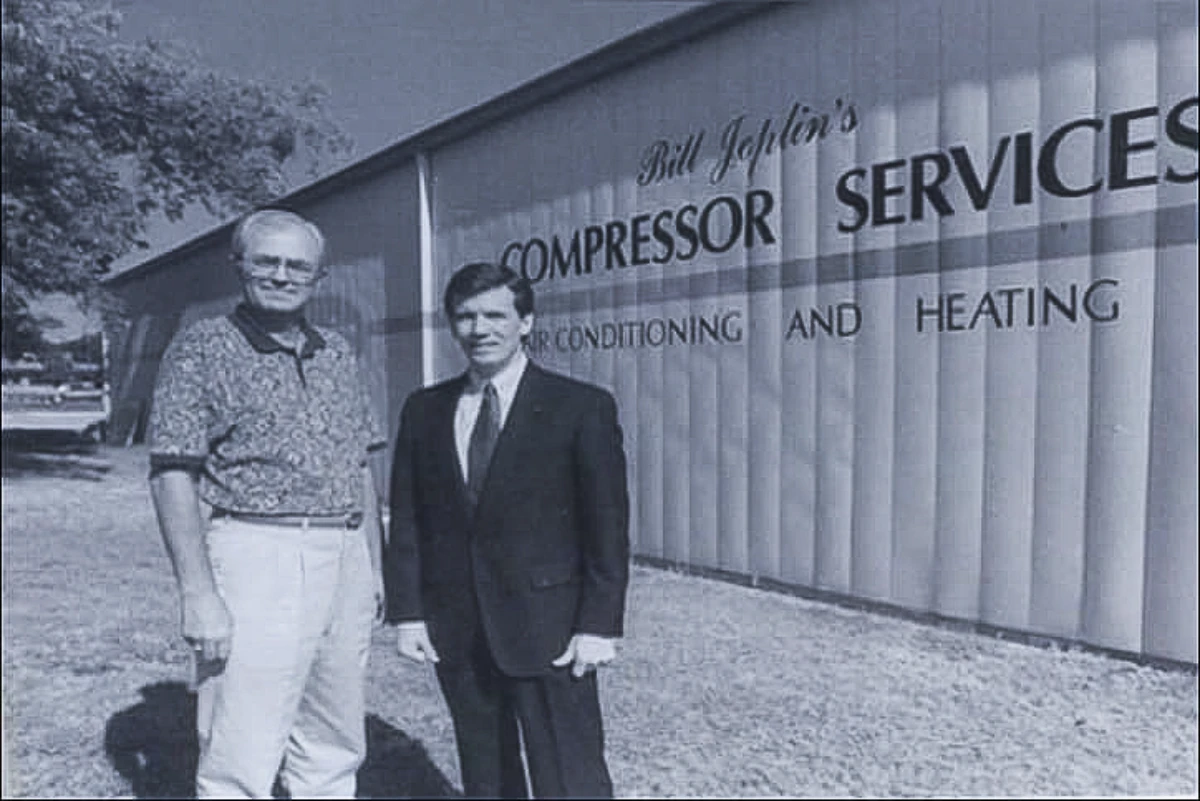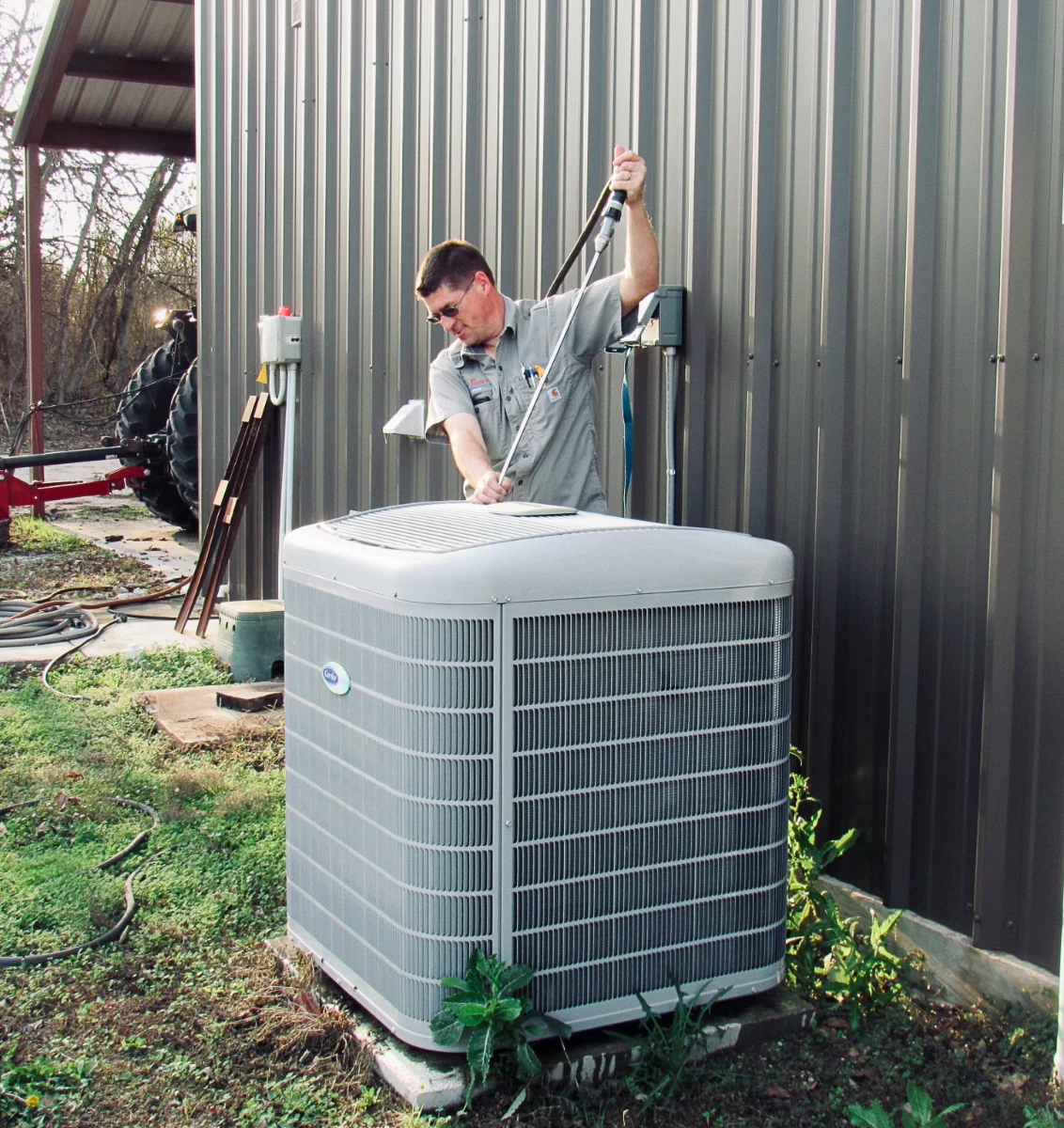When a storage-tank water heater starts leaking, installing a new water heater is usually the cure. While minor seepage from a pressure relief valve can be remedied by replacing the valve, leakage from a corroded tank or fittings is a deal-breaker that means it’s time for a new unit. Before taking on the job yourself, however, make sure you’re qualified to deal with natural gas (or propane) as well as electrical and water connections. If there’s any doubt at all, have your plumbing professional handle it. (In some states, credentials for working with gas are required for a gas water heater installation.)
Here Are 12 Guidelines When Installing a New Water Heater:
- Measure your old unit and make sure its replacement is the same height to accommodate existing water, gas and electrical connections.
- Turn off the water heater two hours before beginning work to allow water to cool and avoid scalding.
- Due to accumulation of sediment in the tank, allow enough time to drain the heater slowly.
- Enlist an friend or family member to help switch the old heater out; it will probably weigh about 150 pounds.
- Make sure fittings on the new heater are the same size as existing water inlet and outlet pipes.
- A new temperature and pressure relief valve must be installed on the replacement heater. Don’t re-use the valve from the old heater.
- To reduce corrosion in hard water regions, use plastic-lined nipples where copper tubing connects to the steel tank.
- Solder water line fittings before connecting to the tank to avoid overheating the tank during soldering.
- Connect old and new water lines with “slip” couplings that allow easier alignment of the coupling over the joint.
- If the new water inlet and outlet tubing doesn’t align with existing tubing, solder 45-degree fittings to offset the ends of each line. Replace the existing cold water shutoff valve with a new ball valve.
- Ensure that your existing vent pipe diameter is sized to the heater’s exhaust output. It may be necessary to install a larger or smaller vent.
- Set the thermostat on the new heater no higher than 120 degrees to avoid scald hazard.
For professional expertise in installing a water heater in the Frisco, McKinney or Allen areas, please contact us at Bill Joplin’s Air Conditioning & Heating.


